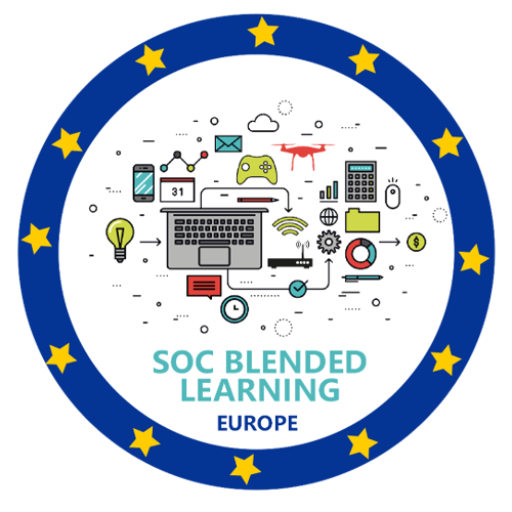No one can deny the importance of school. School is the foundation from which our children learn and grow and it helps to shape them into well rounded adults with (hopefully) a lifetime love of learning. Trying to rank school subjects and say one is more important than the other is redundant as all children have their preferences and talents; however, there are some subjects whose transferable skills for other subjects, university and beyond cannot be ignored.
Maths
Love it or hate it, maths is important for everyone. From learning the basic functions of addition, subtraction, multiplication and division, to solving complex problems using complicated formulae, maths teaches us so much more than just numbers. Regardless of whether it’s loved or loathed, your children need maths so that they can become better problem solvers and logical thinkers.
Do we use everything we were taught in maths every day of our lives? No, of course we don’t, but we do use the skills we learned in those lessons. Algebra creates problem solvers and geometry gives the brain a work out, teaching us to mentally visualise three dimensional shapes. All of this teaches us to think more efficiently and it can improve our memory too. Even if your children are fervent maths haters, encourage them to look at it in a new way, seeing it as a friend and not a difficult obstacle.
English
Without English lessons you wouldn’t be reading and understanding this article right now. English gives your child the basis for all of their written and formal communication in the future. From letter and email writing to the analysis of plays and novels, it all adds to the understanding your child has of the language they speak.
Critical thinking is crucial for progress and development in both an academic and professional sense and English is constantly teaching the development of this key skill. Furthermore, a good grasp of grammar allows children to be better writers which is a benefit in any other subject which requires written communication. English can even aid understanding in maths through both analytical and creative thought patterns, and simply by allowing for better understanding of wordier problems.
Geography
Geography is the perfect marriage of a soft science and a humanities subject. As technology advances, the world is getting smaller so a knowledge of the world is always going to be an advantage. Moreover, aside from knowing about the physical and human planet which we inhabit, geography requires all of the thinking patterns already discussed. Problem solving and logic lends itself to the scientific side of the subject whilst critical thinking and analysis is beneficial to the essay based humanity side of geography.
Geography is like a test run for using skills taught in other subjects in practice. Transferable skills aside, geography is most important because it gives our children an understanding and appreciation for the world around them and the people who live in it. Geography reminds us that there is more going on than what we see outside of our front doors. Geography is also one of the most employable degrees due to the flexibility and variation it has.
Languages
Much like geography, learning a language in school lets your child keep up and stay in tune with the world as it gets smaller. Languages have always been beneficial but now more than ever, cross-cultural communication is vital. More jobs are requiring a second languages as companies expand to have overseas offices or trades and this demand will only increase with time.
As with anything, the earlier children learn a second language, the easier it will be for them to pick up. Not everyone is a natural born linguist, but even conversational Spanish is better than not speaking another language at all. Furthermore, a second language means an appreciation for another culture and an openness to new ways of thinking. Encouraging your children to take on a second language at school is setting them up for the connected future to which we are heading, or, at very minimum, it gives them the edge when they travel abroad and even could spark a lifetime linguistic interest.
Computer Science
If there is one subject that can marry together all of the points above; the problem solving, the creativity and critical thinking, and the appreciation for the world as it gets smaller, it has to be computer science. The world is changing and the world is starting to need more and more highly computer literate individuals. Out of a projected 1.4 million jobs in computer science which will be available in the coming decade, there will be only an estimated 400,000 graduates qualified to do them. Computer science is important for the future and more information on why can be found here.
Future aside though, computer science can be treated much like the child of maths, English and a second language. Logical thinking and problem solving allow our children to understand how their technology works and know what to do if it goes wrong. Critical thinking and creativity allow them to reflect and evaluate how they have overcome obstacles and figure out how to improve. As children progress and are taught to code, coding is like a second language and if children already have experience of a second language, a third or fourth comes much easier. Finally, computer science also helps our children to be imaginative and inventive, and it teaches children of all levels and backgrounds that they can succeed.




